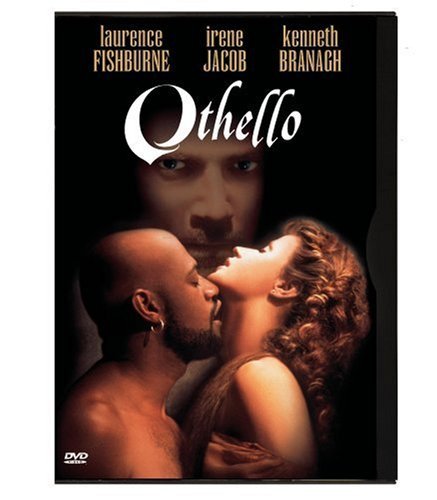WHEN ART SHOULDN’T IMITATE LIFE

ART (courtesy: Castle Rock Entertainment)
Shakespeare’s “Othello” is one of literature’s many examples of a dark passion that ends in tragedy. Such plots make for riveting drama but are less exotic and more mind numbing when the violence leaves the airy plane of imagination and becomes real. Recently I read an account of a woman who for 7 years struggled to leave a husband who brutalized her not only with beatings that sent her to the hospital but with choking incidents that left her consciousness (“Good Housekeeping,” March 2011, pg. 148). Reading her story amidst the magazine’s plethora of recipes and fashion articles struck me as bizarre, but no more so than the wife’s insistence that she still loved her husband.
She wasn’t trapped in her situation. Family and friends had helped her escape several times, providing her with money and housing. But after every break, she went back to the man who abused her. Each time, she hoped he’d learned his lesson and for a while he did change. And then the beatings began again.
Experts tell us this woman’s pattern is typical for battered women. They leave and return like boomerangs to their abusers until they make a final break… if they do… if they are not killed first.

REALITY (courtesy: Women’s Aid Organisation)
I don’t pretend to understand this woman’s mind set. Nor do I understand the men who love their wives to the point of killing them. That the end point of love can be a hideous obsession is hard to grasp. Yet literature and human history are full of examples. As fiction we read the accounts and wonder. But when they occur in society, our response must be different. Not only are we obliged to provide programs to help the wife, we must also help the abusers though they may strike us as unsympathetic. The truth is both are locked in a private hell. Both are victims of uncontrolled passion.